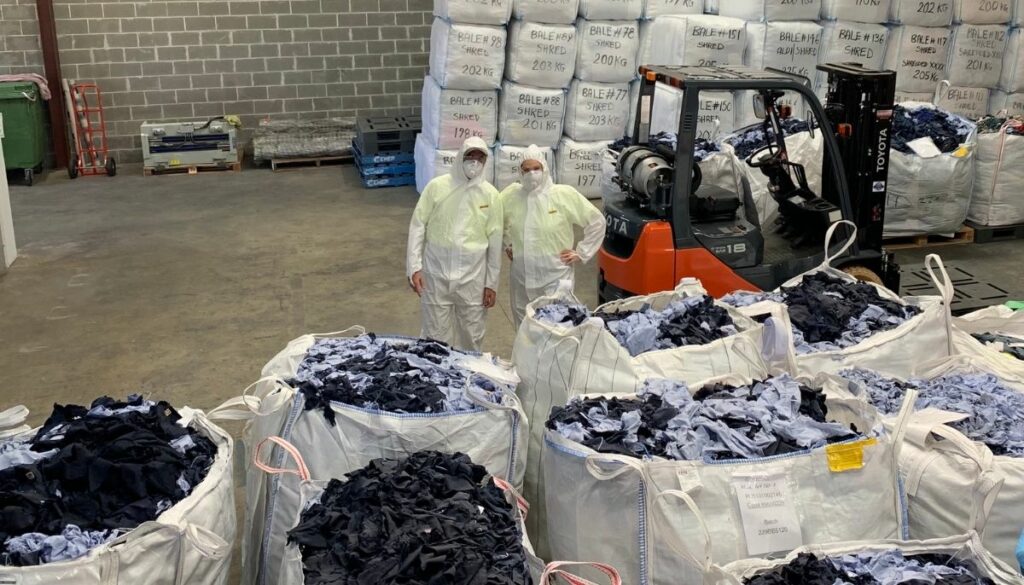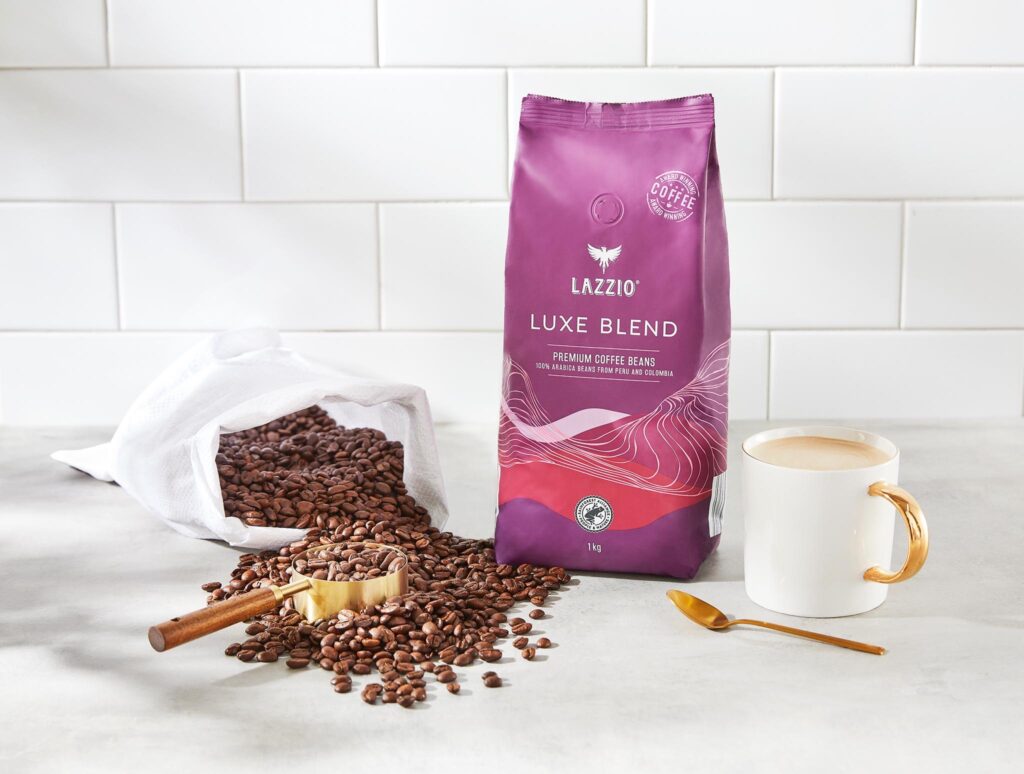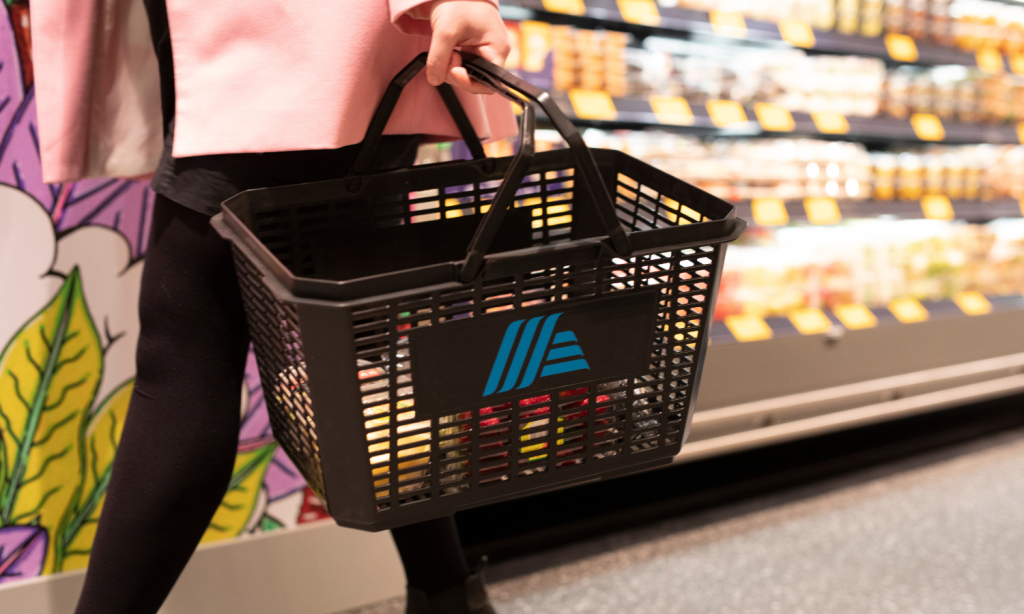ALDI Australia is taking responsibility for its impact on the environment by recycling its old store employee uniforms back into a yarn, which is then made into new fabric for the fashion and furnishing industries.
After a successful trial, earlier this year ALDI rolled out new uniforms for its store employees to improve look and wear-ability. To ensure there was a sustainable solution to dispose of the old uniforms, ALDI partnered with Textile Recyclers Australia Pty Ltd to re-purpose the garments into new items.
To date, ALDI employees have returned over 26,500 kilograms of uniform, the equivalent weight of eight cars.
Textile Recyclers Australia Pty Ltd co-founder, Maureen Taylor, said using upcycling solutions is helping businesses keep unwanted textiles and apparel out of landfill.
“It’s great to see ALDI take responsibility and adopt innovative ways to reduce its environmental footprint. We’re thrilled to be giving a second life to these ALDI uniforms by shredding them and then having the fibre spun into yarn and transformed into items such as blankets and carpet underlays. The material from the pre-loved blue uniforms has been well received by manufacturers given the high demand for coloured fabrics in this market. As we continue to research and facilitate solutions to textiles recycling in Australia, we hope we have the opportunity to partner with ALDI on more projects into the future,” said Ms Taylor.
Textile Recyclers Australia Pty Ltd and ALDI have social monitoring programs in place to protect the rights of workers processing the material as it makes its way through the supply chain including measures to prevent child labour and modern slavery.
“One of ALDI’s core values is Responsibility and it is important to us that our old uniforms are diverted from landfill and instead utilised sustainably as part of a meaningful closed loop solution,” said Daniel Baker, Director Corporate Responsibility, ALDI Australia.
The supermarket’s uniform recycling initiative is just one of several sustainability programs across the business and its supply chain. By 2025, ALDI aims to send zero waste to landfill which includes a goal to achieve zero food waste sent to landfill by 2023. ALDI also aims to reduce the amount of plastic used in packaging across its range by a quarter by 2025 and more recently, the business has achieved powering all of its operations with 100% renewable electricity.
“With capabilities in end of life solutions evolving, we will continue to investigate closed loop opportunities to adopt and further reduce our environmental impact,” said Mr Baker.





